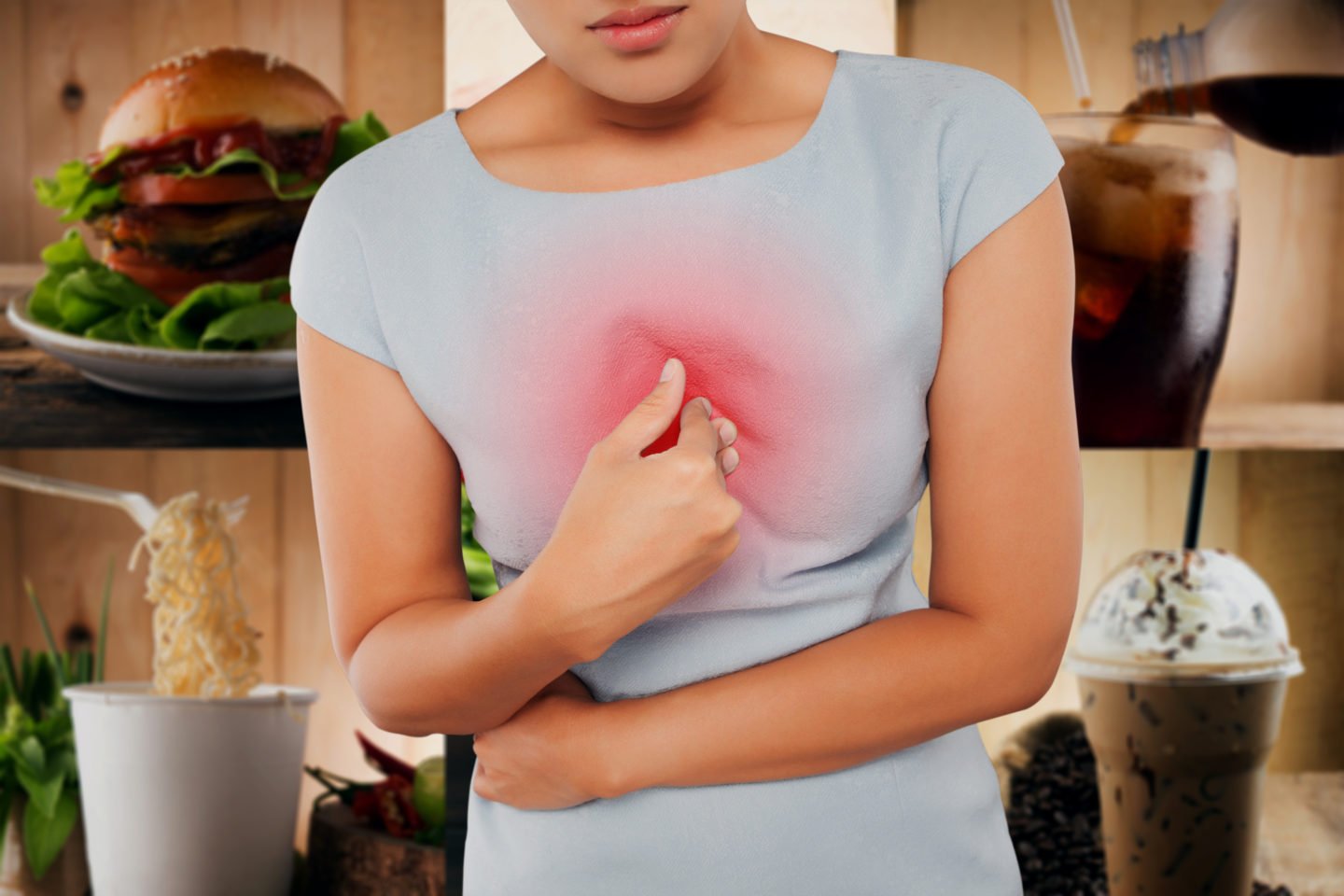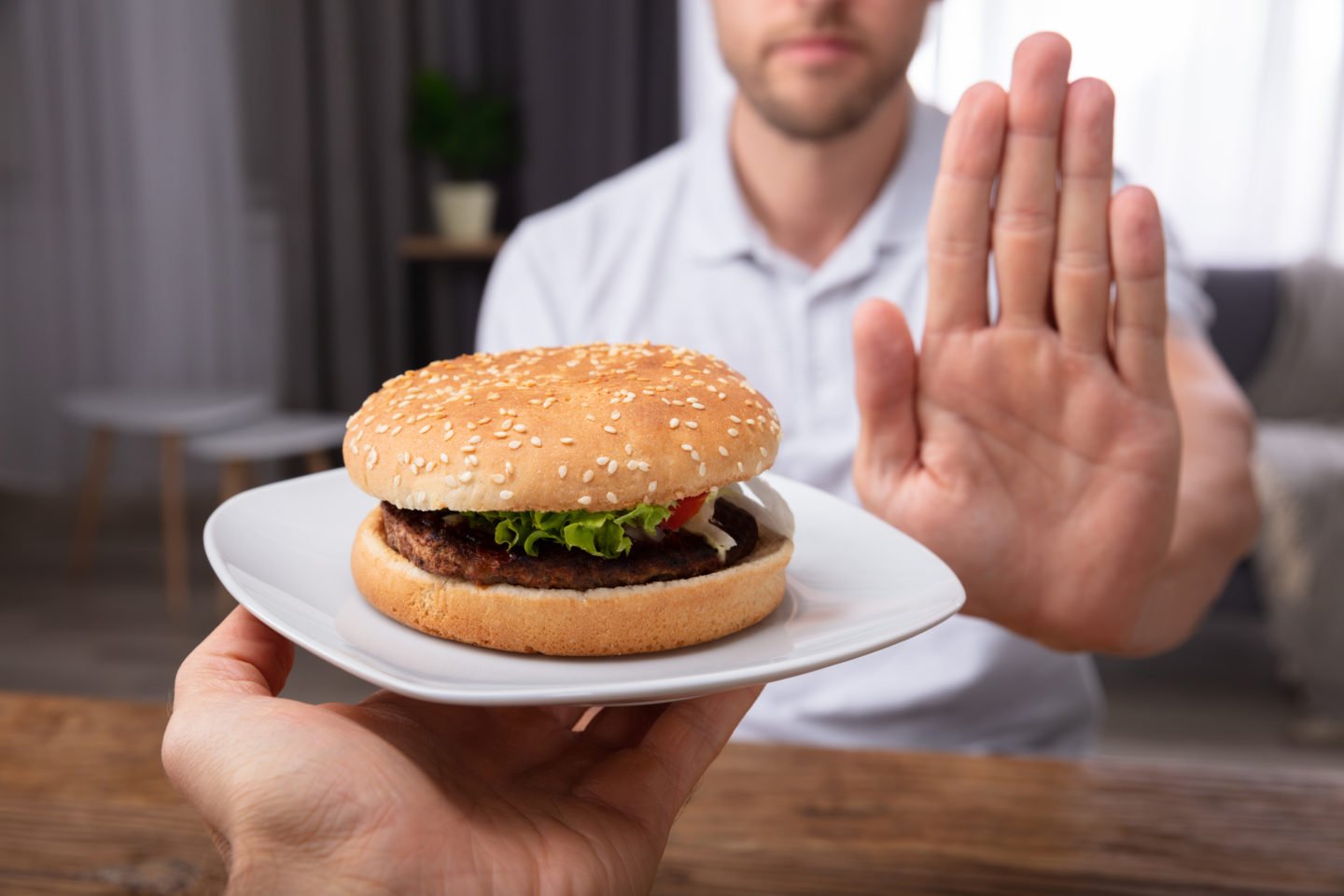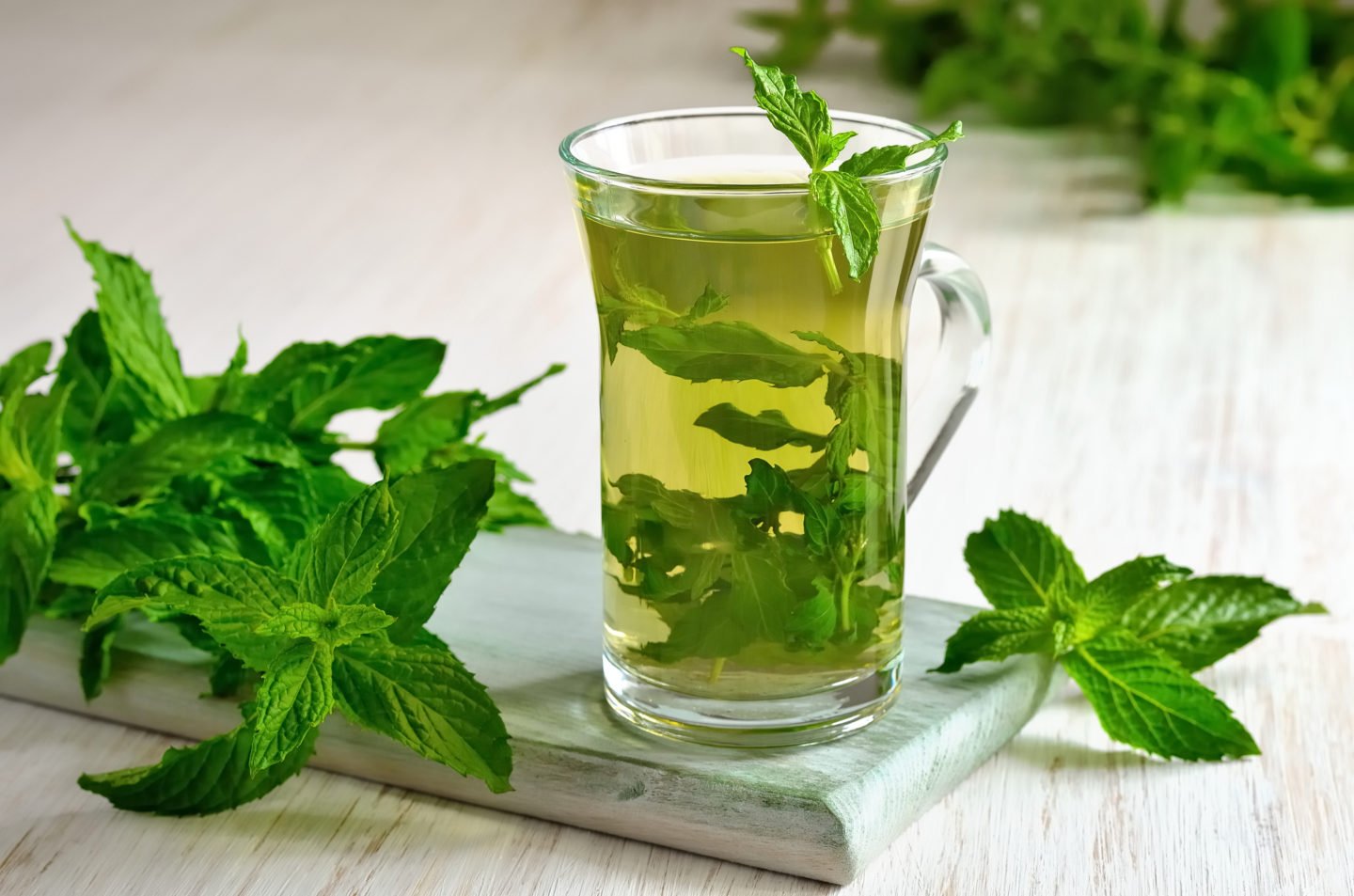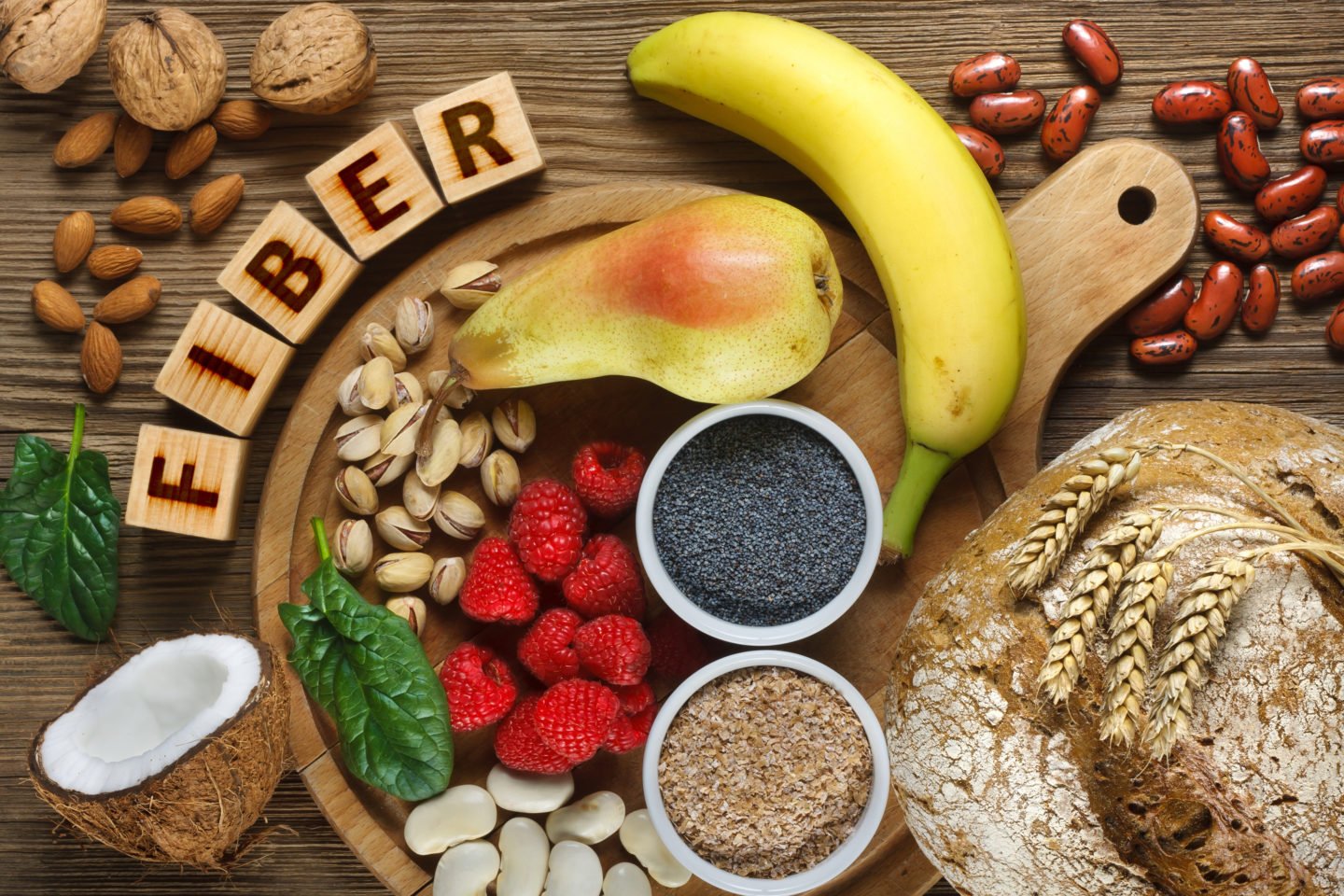If you experience occasional heartburn and other acid reflux symptoms more than twice a week, you might have gastroesophageal reflux disease. While gastroesophageal reflux disease and acid reflux are mainly caused by weakness of the lower esophageal sphincter, one’s diet dramatically impacts the symptoms.

Fatty foods, milk and dairy, fried foods, acidic fruits and vegetables, coffee, alcohol, chocolates, spicy foods, carbonated drinks, garlic and onions, mint, tomatoes, processed foods, and certain medications trigger acid reflux symptoms, including heartburn.
This article will discuss how these foods trigger acid reflux symptoms and give you alternatives to prevent symptoms from occurring.
Table of Contents
Top 14 Worst Food For Acid Reflux
Fatty Foods

High-fat meals impede digestion, delaying stomach emptying and causing food to stay in your stomach for longer. The longer food stays in your gut, the more likely you may get reflux symptoms.
Furthermore, high-fat diets may cause your lower esophageal sphincter to relax, making it easier for stomach acid to flow into your esophagus. For these reasons, avoiding high-fat meals will prevent you from getting acid reflux symptoms.
If you suffer from gastroesophageal reflux disease, high-fat meat like pork and beef, sausage, bacon, lard, salad dressings, creamy sauces, ice cream, and baked products that contain high amounts of butter should be avoided.
Milk and Dairy
Milk and dairy products have high-fat contents, contributing to the worsening of acid reflux. There are a lot of milk alternatives that contain lower fat or no fat at all. Low-fat milk, skim milk, almond milk, soy milk, oat milk, and flaxseed milk are great options. In addition, milk contains high amounts of calcium, which acts as an antacid, helping neutralize stomach acids.
Fried Foods
Fried food and fast food like french fries are naturally heavy in saturated fat, which takes significantly longer to digest in the stomach. Since fried foods usually contain high amounts of starch and fat, your stomach will create extra acid to digest these complex lipids. These excess acids will destroy the acid balance in your gut, resulting in heartburn and gas production.
Acidic Fruits
While fruits and vegetables are easy to digest and contain vitamins and minerals, some of them are acid-forming and can worsen acid reflux disease. For example, citrus fruits like lemon and lemon juice, limes and lime juice, blue plums and blueberries, grapes and grapefruits, pineapples, and pomegranates are acid-forming fruits. Of course, you can still eat these fruits if you have acid reflux disease, but remember to take them in moderation and drink a lot of water to dilute their acid content.
Coffee and other Caffeinated Drink

Because too much caffeine relaxes the muscles at the lower part of your esophagus, called the lower esophageal sphincter, it can induce heartburn. That creates a pathway for stomach acid to move up the esophagus, resulting in acid reflux and the need for antacids. Additionally, caffeine promotes acid production in the gut, resulting in some acids coming up to the esophagus.
Alcohol
Alcohol drinking is likely to trigger GERD. Alcohol exposure to the esophagus and stomach can cause direct injury to the mucosae of the esophagus and stomach. Furthermore, toxic components in alcohol like acetaldehyde metalized may impair esophageal and gut function.
Chocolates
Chocolates, like coffee, contain caffeine, which relaxes the LES. Furthermore, cocoa powder is acidic and may raise stomach acid levels. When you consume chocolate, it releases serotonin. Serotonin is a stress-relieving hormone that regulates mood. However, serotonin can relax the LES, increasing the risk of acid reflux.
Spicy Foods
Chili peppers, hot sauce, salsa, paprika, wasabi, and other spicy ingredients enhance food flavor. However, spicy foods contain a chemical called capsaicin, which gives them their heat. Capsaicin boosts stomach acid production and generates a burning sensation and tightness on the mucous membranes in the digestive tract.
Carbonated Drinks
Soft drinks, seltzer water, and beer contain carbon, which causes stomach acid to go back up your throat, causing a burning feeling. In addition, the esophagus becomes more acidic as a result of carbonation. Thus, carbonated beverages and sodas increase the likelihood of evening heartburn problems.
Garlic and Onion
Onions are another item that should be avoided because of the evident relationship between eating them and heartburn. Consuming onions promotes gastric acid by lengthening the time food remains in the stomach, causing heartburn and burping. Additionally, certain chemicals in raw garlic irritate the digestive tract, resulting in a burning feeling in the chest or abdomen.
Mint

Mint in peppermint tea relaxes the esophageal muscles, especially the sphincter, allowing acid and other food remnants to flow back into your stomach, aggravating reflux. Unfortunately, everything with a mint flavor, such as tea, gum, or candy, falls into this category. If you’re a fan of tea, try drinking ginger tea and chamomile teas instead.
Tomatoes
Tomatoes, tomato sauce, and tomato juice, like citrus fruits, are acidic. As a result, they can cause acid reflux since consuming extremely acidic meals causes the stomach to produce more acid.
Processed Foods
Processed foods are primarily fatty food containing high sodium and are low in fiber. Eating fresh fruits and vegetables is recommended, as your body has trouble digesting fatty and starchy foods.
Medication
Certain medications trigger acid production in the stomach, resulting in acid reflux symptoms. For example, Ibuprofen, aspirin, iron supplements, anti-anxiety drugs, and certain antibiotics increase the sensitivity of your gastric lining, producing more acid.
Best Foods That Prevent Acid Reflux

Aside from eating healthy foods, consuming fiber-rich foods is excellent for preventing heartburn symptoms. That is because fiber hastens digestion and the passage of food. In addition, drinking herbal tea like licorice and ginger tea helps soothe the digestive tract. Most of all, include alkaline-forming foods in your diet like bananas, melons, cucumbers, and apples.
Eating foods with healthy fat and eating smaller meals also contribute to the management of acid reflux.

Leave a Reply